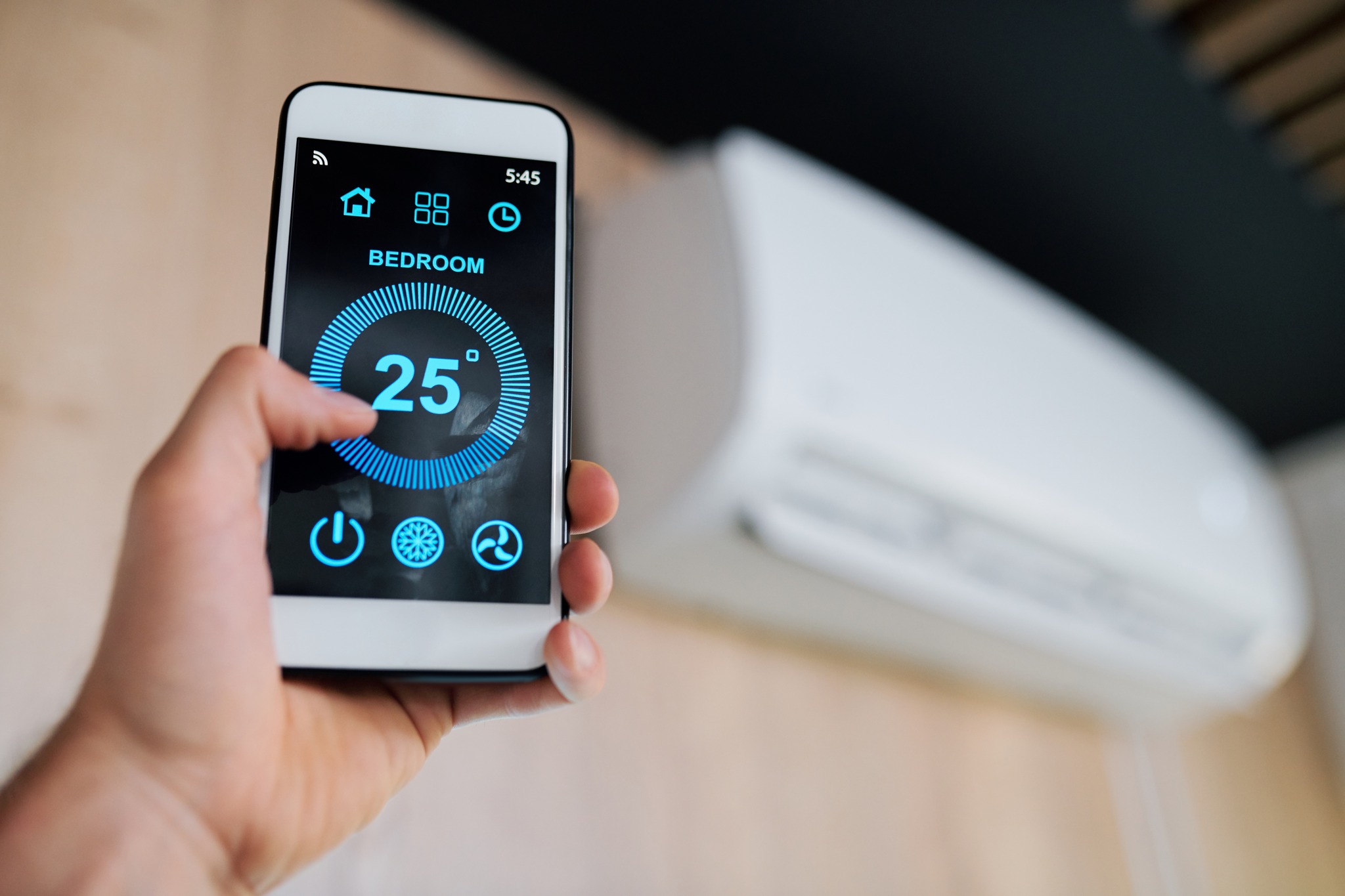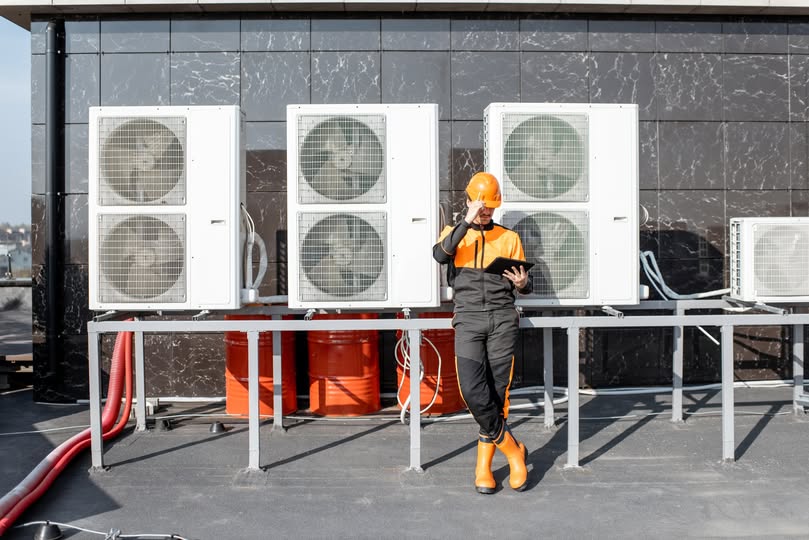A primary air heating system is a type of forced-air heating system in which hot air is used to heat a space. This system is typically used in commercial buildings and requires the use of a furnace, air handler, and air ducts to circulate the hot air throughout the building. The furnace heats the air to the desired temperature, which is then blown through the air ducts to the various rooms. The air handler is responsible for controlling the airflow and regulating the temperature.
Air heating systems are typically more efficient than other types of heating systems because they can quickly heat a large area, and the furnace does not need to be located in the space being heated. This also reduces the risk of carbon monoxide poisoning as the furnace is not located in the living space. Air heating systems are generally more expensive than other types of heating systems, such as electric heaters, due to the cost of the furnace and air handler. They also require more maintenance and must be regularly serviced to ensure that the system is running efficiently.
Air heating systems are a great choice for large spaces that require rapid heating, such as warehouses and factories. They are also a good option for commercial buildings where the furnace is not located in the living space.
If you are considering installing a primary air heating system in your home, it is important to have the system professionally installed and serviced. This will ensure that you have the most efficient and safe system for your needs.
Be sure to contact a trusted HVAC contractor for more information and to get the right system for your home.



